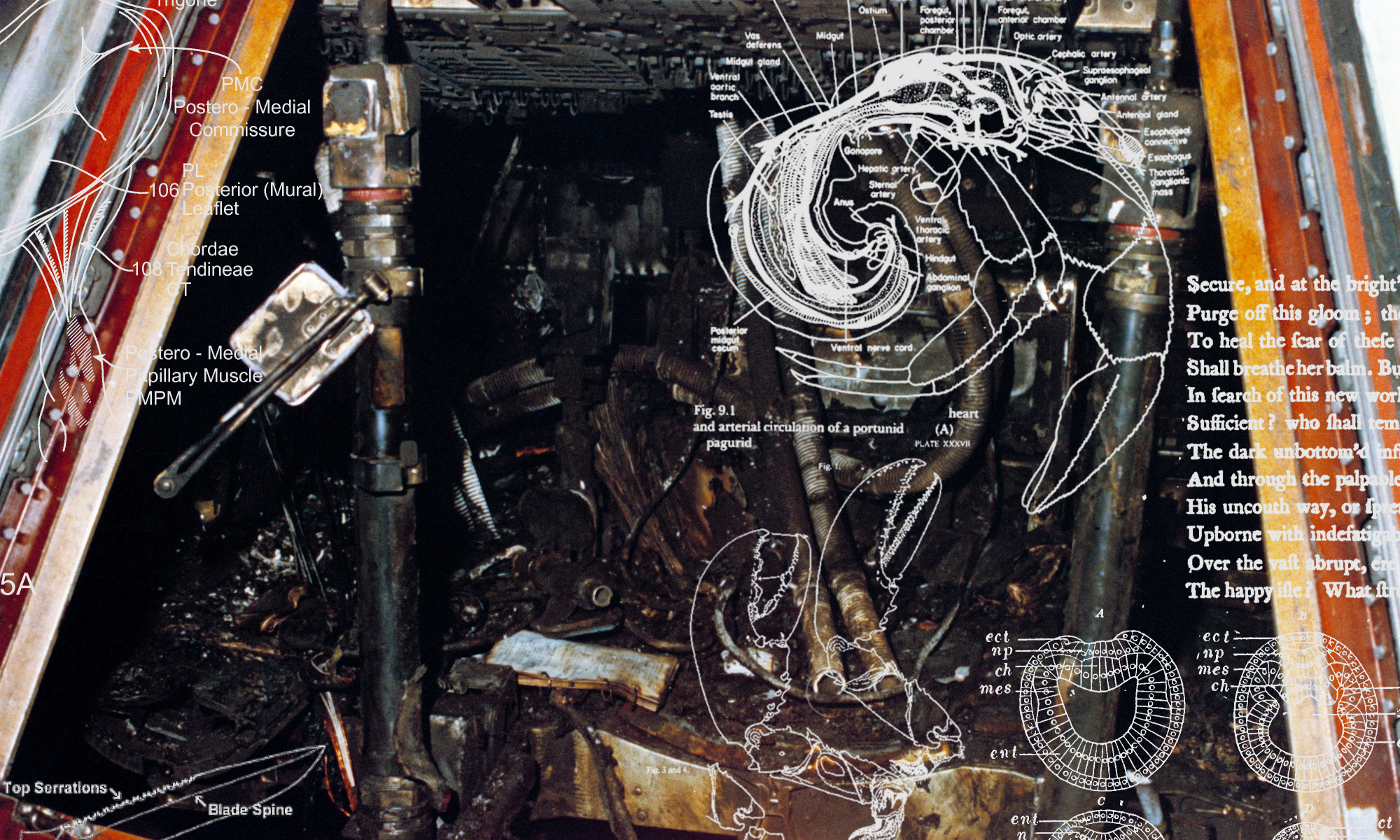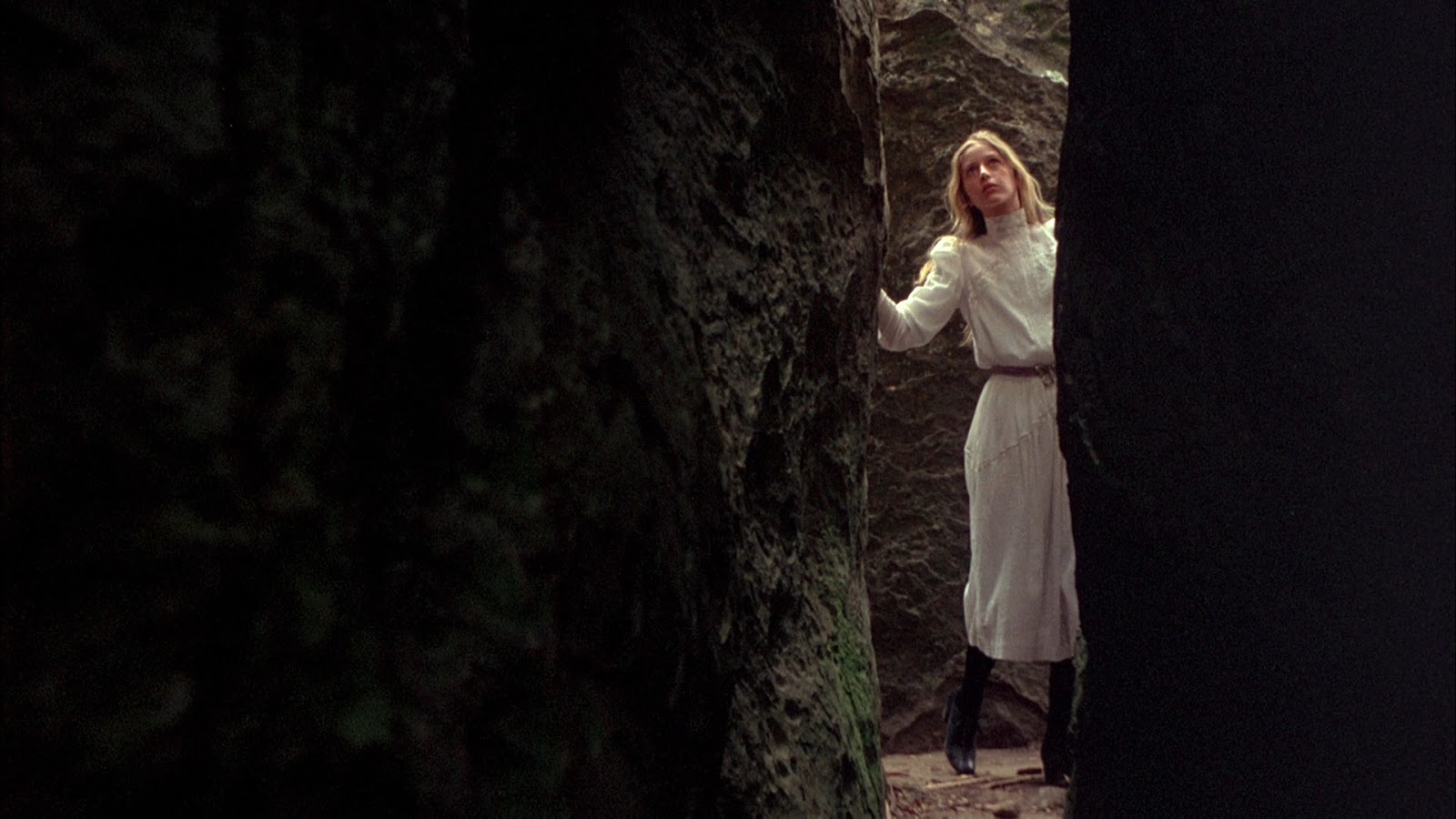by Mark Horvath and Adam Lovasz
12th November, 2020.
Source: censor.eu.gov
Documents purported to be part of a failed presidential candidate’s secret political program have been leaked online. General outrage has followed in the wake of the hack, relating to certain points of the as yet unverified text. In all probability, they were released by a disgruntled ex-employee, or obtained illegally by hackers utilizing K-worms hidden in child pornography. This material gives a glimpse of the first 100 days of the presidency:
- Legalization of adult–child marriage.
- Introduction of a Global Gay Rights Initiative (membership compulsory).
- Ratification of the Intergalactic Free Trade Agreement (IFTA).
- Lizard-people revelation, following ratification of IFTA.
- War with the Russian Federation and other renegade regions of Slave Planet Earth, so as to introduce an alternative agricultural paradigm using human remains as fertilizer.
- Legalizing the use of intergalactic lifeforms in agriculture and breeding.
- Signing of the Pornography Freedom Act, in the presence of representatives of the DragonDildo Company Inc.
- Virus Eradication Initiative; the introduction of GMO mosquitoes and spiders into the drinking water of all-too-human populations, so as to eradicate anthropomorphic viruses.
- Creation of the Compulsory HIV-Infection Committee underneath the ruins of what was formerly known as the European Parliament.
- The restriction of online hate speech through the recoding of Swedish jihadist content into hiphop music.
- Filtering of news items relating to a lizard-people takeover from online media — such fake news must be replaced by sensitizing stories relating to homosexual Muslim men who prefer the passive position and pose no military threat.
- Praise be to the Great Rainbow!
Crisis-machines and viral, schizoid, infected and infectious intensities conduct schizoanalysis upon the program points of the leaked Zogian presidential program. The authors of this text appear to have been sent back in time in order to signal the operations of a schizo-machinery whose non-grammatical supplementarity is transchanneled into a post-Euclidean militarized geophilosophical space of manipulation. Without doubt, according to an alternative hermeneutics, the word ‘manipulation’ stems from the god of Manichaeism, Mani. To manipulate is to proliferate the name of Mani upon Earth, introducing a ritual duality between the sacrificial bull and those benefited by the bloody effluence of its arteries…
The signs were there all along: K-functions upload themselves into the collapsing strange attractors of an apparently limitless process of integration. Indifferent empty signs cut into the reiterative operations of the schizomachine, time bends over itself “and the matrix dismantles itself into voodoo”.[note]Nick Land, “Cybergothic” [1998], in Fanged Noumena: Collected Writings: 1987–2007 (Falmouth: Urbanomic, 2013), 373.[/note] War has arrived into the streets of Paris once more, the revolution’s darkened version colliding with the fractal expansion of difference, filling the eerily symbolically named streets of Place de la Bataille-de-Stalingrad. LIBERTY LEADING THE %%%+REG Fatal System Error ++!!!!!!+/+/“PEOPLE.”
Reports speak of a strange street fight in a square named after Europe’s bloodiest battle — but the code errors make it impossible to be sure of what is happening. In the disassemblage of the assemblage, “bodies interpenetrate, mix together, transmit affects to one another”.[note]Gilles Deleuze and Claire Parnet, trans. Hugh Tomlinson and Barbara Habberjam, Dialogues (New York: Columbia University Press, 1987 [1977]), 70.[/note] In an assemblage, there are no fixed, immutable structures, only flows: facts pile up on top of one another, chaosmology condenses into a “K-coma”.[note]Land, “Cybergothic”, 369.[/note] GORGEOUS MODEL EXPOSES ALL. The technosphere performs autopsies upon all of us, rendering the body naked, flayed. To quote Seb Franklin, “the proliferation of differences that make a difference — attests to the fractal character of this cultural formulation of epistemic conditions.”[note]Seb Franklin, Control: Digitality as Cultural Logic (Cambridge, London: The MIT Press, 2015), 162.[/note] Difference results in an overproduction of connections, and therefore programs discontinuity into the rotten center. The global center’s connections and immune systems have failed: no longer is there an outside and an inside, everything is collapsing at an accelerating pace. Undifferentiated civilizational decadence, digitalized Latino drug cartels fight upon the streets of Milan. Milan=El Salvador + K-function + breastfeeding in church + structural contingencies, abject compulsions: the apotheosis of Catholicism: DIGITAL FLAMES LICK THE DOME OF THE CATHEDRAL. We shout with Deleuze and his wolves: “there is no subject of desire, any more than there is an object.”[note]Deleuze and Parnet, Dialogues, 78.[/note] Catholicism is the apotheosis of violence. Gang members tattoo Christ and the Virgin Mary upon their muscular brown bodies. God’s Mother gives birth to machete murderers. Multiplicities make their homes among the ruins of a deformed, degenerate, devirilised post-bourgeois wasteland. Multiplicities are asubjective atemporal non-coding genes. There can be no subjectivity once you tattoo Christ upon your chest, because Catholicism demands complete surrender to a violent, arbitrary, bloodthirsty God, who has also somehow, through an accident of colonial history, copulating with the Aztec divinities of old, returned to His origins in cannibalism.
Down there, in the South (today even the North is Southern), crime works differently. As opposed to the clinical rationality of industrialized mass murder, the criminality of the South is hot and passionate: “in the ‘South’ wickedness always is of a strictly personal nature — one joins the brigands or one doesn’t; one violates a nun and cuts her throat, or one sides with the angels and is executed oneself”.[note]Erik von Kuehnelt-Leddihn, “Revolution, Crime and Sin in the Catholic World”, in Modern Age (1958), 181.[/note] Machetes, when used correctly, are expressions of real emotions and impulses, forms of muscular energy transformed into sharpened metal. Ticket inspectors and calculative, cold decultures alike fall prey to their outbursts. Milan is one of the financial centers of Italy, the most “Protestant” point of the Italian Republic, so to speak. Agents of chaos are unidentifiable. According to Pietro Grasso, a liberal politician, the gang wars perpetrated by the Salvadorian gangs of Milan have nothing to do with immigration: “we must keep the two things separate”.[note]Michael Day, ‘Milan struggles to cope as Latin American gang violence starts afflicting general public’, The Independent (20 June 2015), http://www.independent.co.uk/news/world/europe/milan-struggles-to-cope-as-latin-american-gang-violence-starts-afflicting-general-public-10334368.html.[/note] Nowadays, it seems Europe cannot keep anything separate from anything else. In reality, nothing is separable from… but for the sake of the program, a joke, a conquest, Latinos, WE MUST WRITE RANDOM SHIT WITH LARGE LETTERS. In reality, there is an ever more pervasive senescent Euro-incontinence. Viral sacred tattooings symbolize the revelation of Christianity among disintegrated Euro-unification ruins. The Virgin Mary, proudly displayed upon Salvadorean chests, says that she is back and she is hungry for new blood sacrifices.
Stalingrad returns in pre/postapocalyptic scenes reminiscent of an undeclared Fourth World War. Paris exists no longer. Paris is the New Stalingrad. Disoriented sans papiers mill about, deprogrammed virulent actants compose an uncontrollable mechanism of self-replicating K-functions. There is no way such darkness could be manipulated. Mani is the divinity of light; Mani is fucked, Mani is history, Mani has been submerged. For the moment, an obelisk stolen from Egypt still stands as a phallic symbol upon the Place de la Concorde, the place of King Louis XVI’s execution. Emptiness is covered over by an enormous impotent penis, hiding the beheading-race that was European modernity. As Georges Bataille writes, “the Place de La Concorde is the space where the death of God must be announced and shouted precisely because the obelisk is its calmest negation. As far as the eye can see, a moving and empty human dust gravitates around it.”[note]Georges Batailles, “The Obelisk” [1938], in Bataille, ed. and trans. Alan Stoekl, Visions of Excess: Selected Writings, 1927-1939 (Minneapolis: University of Minnesota Press, 1985), 215.[/note] Sovereignty is a royal corpse emptied out, reduced to a cavity – hence the need to bring down the obelisk. Perhaps the migrants shall take the phallus with them upon one of their aimless marches. France, as a laboratory of modernity, has achieved a remarkable devirilization. Desire is always a disordered assembly of drives, like the heterogeneous, unordered, wild undergrowth of a jungle, growing bodies-without-organs within a blackened space. The formlessness of the assemblages is erratically strange, something alien, extraneous. “K-function”.[note]Deleuze and Parnet, Dialogues, 70.[/note]
There is no infrastructure; I am also a WOMAN, BECOMING-WOMAN. K-gender and DragonDildo. To perform the postapocalypse, to outsource productivity — that is the imperative of this degenerate age. “Schizoid self-alienation” gives a self-destructive answer to hyperdestabilized material circumstances.[note]Nick Muntean, “Nuclear Death and Radical Hope in Dawn of the Dead and On the Beach”, in Deborah Christie and Sarah Juliet Lauro (eds.), Better Off Dead: The Evolution of the Zombie as Post-Human (New York: Fordham University Press, 2011), 87.[/note] Following the Battle of NeoStalingrad, sympathisers on both sides gathered together so that they may contribute to the further hypercomplexification of the K-function. Self-castrating xenophile abyss, the uneventful death of a posthuman body. EU-migration radiation, informational overproduction of informational syntheses. Rival gangs break the false calm of a sclerotic society suffering from its inability to destroy itself completely. An aporetic corpse with no distinctions.
The Jungle is demolished, and camps are created everywhere: a decivilization that breeds camps, darkness transplanted into light. The night is smuggled into the heartland of Enlightenment: “algorithms can evolve beyond their creator’s intentions and take on a life of their own”.[note]Nick Srnicek and Alex Williams, “On Cunning Automata. Financial Acceleration at the Limits of the Dromological”, Collapse VIII (Dec. 2014), 497.[/note] Reactive evolutionary logics are replaced by a chaosmology. Darwin has rotted away, leaving residues that infect the streets of even the most insular centres of commerce. Fluidity makes possible all kinds of weird typologies. As Simon Guy emphasizes, “a ‘fluid’ perspective on sustainable architecture does not mean rejecting one particular typology (skyscrapers) and celebrating another (vernacular). It may mean valuing different aspects of the design”.[note]Simon Guy “Pragmatic Ecologies: situating sustainable building” [2011], in Ariane Lourie Harrison (ed.), Architecture Theories of the Environment. Posthuman Territory (Oxford: Routledge, 2013), 149.[/note] But what about Nothing, the (empty) object of desire? What about uninhabitable typologies, territories organized around the absence of a building or, for that matter, any liveable ecology? Needs too can manifest themselves in the form of emptiness; every building may be thought of as an UNINHABITABLE SYMPTOM. Depressive suicidal city planning commissions, unsustainable plans create transparent surfaces of smart glass and empty concrete pipes, mixing with the intoxicating rhythms of conga drums. In this subversive strangeness, queerness becomes a pragmatic horizon. With its acceptance of anarchaeology, algorithmic monstrosity unleashed itself upon everything and nothing.
A spectre is haunting the citizens of castrated continents, saturated by mass media visions: the spectre of terrorism. Terrorism brings about “an excess of reality”, forcing the system to implode beneath the weight of its own mirrored unreality.[note]Jean Baudrillard, trans. Chris Turner, The Spirit of Terrorism (London and New York: Verso, 2002), 18.[/note] K-agents collapse reality, producing further layers of uncertainty, making unsustainability ever more apparent upon the blood-stained streets of metropolises. Local attributions are no longer valid, rival memes cannot be allowed to spread through networks of outrage and hatred. We don’t want to spoil the fun now, do we? Only those may be allowed access to any publicity who are subversive: any other viewpoint is reactive, intolerant, offensive, degrading, transgressive, outrageous, and in violation of technocratic autocratic algorithmization. Digital-fascistoid skeletons must be exorcized. Internet contents with no content, dronelike tweets and implicit communication channels, armies of trolls, all these memes inform the population of the Global Cyber Village of an imminent takeover by lizard-people. To be in-formed is to be situated within information. Beheaded by cybernetics, we are all subordinated to the imperative of infinite reprogramming. Such is our fate. Our fellow brothers and sisters of the miserable city planning commissions, oh, how unsuccessful you have been! One shocking example among many, aside from the Paris Jungle, is that of Pruitt-Igoe. Modern schizophrenic cybergothic metanarratives pulsate from the spectral ruins of St Louis. Nothing remains of these estates of cement shit-architectures, in which radioactive viral agents were buried at the behest of social engineering experts. After a few nightmarish years, the apartment buildings were demolished. This explosion also implies the bankruptcy and devastation of sociology, social reform and city planning ideologies. The social sciences have ZERO LEGITIMACY. They thought they could control the K-functions, that they can immobilize the nomads. But movement cannot be stopped.
Pruitt-Igoe, built in 1954, was only a small sign of what was to come during the course of the 21st century. Mechanical cremation, a futurity torn apart, broken windows, desires and utopian social science fictions. It is nonsensical that anybody could have seriously believed in such lunatic attempts at reprogramming. A Japanese architect designed these fractal-generic buildings and vomited them out onto the streets of a soon to be desolate, depopulated St Louis. Algorithmic, automated architecture belongs to “a kind of control realism in which the ideological penetration of programmability is played out at the dual levels of subject and system”.[note]Franklin, Control, 160.[/note] First the ideology had to collapse before the district as a whole was sentenced to the dustbin of architectural history. Two years after construction was concluded, Pruitt-Igoe was already considered a place of unspeakable crime and hopeless poverty, replete with all manner of deviance and racial segregation. Democratic and Republican schizo-sociopolitical agents — those who created this monstrosity — believed, naively, that poor districts can be replaced. Little did they know that social policy tends to universalize poverty, spreading the self-replication of abjection to ever wider areas of cities unfortunate enough to be affected by social housing policies. “Tomorrow has already been cremated in Hell.”[note]Land, “Cybergothic”, 347.[/note] St. Louis’ Democratic drone mayor at the time had this to say prior to the commencement of Pruitt-Igoe’s construction: “we must rebuild, open up and clean up the hearts of our cities. The fact that slums were created with all the intrinsic evils was everybody’s fault. Now it is everybody’s responsibility to repair the damage”.[note]William G. Ramroth, Planning for Disaster: How Natural and Manmade Disasters Shape the Built Environment (New York: Kaplan Publishing, 2007), 164.[/note] The restoration, alas, led to the overproductivity of chaos-projects. Experiments in disciplinary reterritorialization almost invariably tend to degenerate into universal deterritorialization. But “policy makers” find it difficult to accept that there is nothing to be and nothing to be done. Their job is to create order from chaos. “It’ll take time to restore chaos” — to quote George W. Bush.[note]https://www.youtube.com/watch?v=rLf-JcuzEd4[/note] Subversive disorder contains a xeno-degenerative power of decoding. Dark diseases are already at work within the senile nervous systems of the Occident. Degenerative pregnancy, Thanatos corrodes even the concrete. Segregation could not be erased on the Pruitt-Igoe estate, because the productivist and functionalist moderm metanarrative demands universal segregation. Every anti-segregational mechanism regenerates the cosmically parasitical principle of separation. Black, autonomous dysfunctionalities cut up systems of anthropocentric order. Even the most perceptive of sociologists never had an inkling of the forces they had unleashed when they contributed with their expertise to the creation of the Pruitt-Igoe nightmare. By the late 1960s, Pruitt-Igoe had become a rotten suburb plagued by crime, a reiteration of the degeneracy slated for eradication by the city authorities. The degree of degeneration increased along with simulacra couched in terms of “improvement”, “redevelopment” and “renovation”. If something obviously doesn’t work, why not “redevelop” it?
Minoru Yamasaki, the Japanese architect mentioned above, expressed his disappointment when he said “I never thought people were that destructive”.[note]James T. Patterson, Grand Expectations: The United States, 1945–1974. (Oxford University Press, 1997), 336.[/note] Yamasaki once again had to confront the consequences of his awful architectural legacy during the September 11th terrorist attacks, being also the architect of the World Trade Center’s Twin Towers. The chaotic degradation introduced by terror is none other than the negation of negation. Pruitt-Igoe’s residents, in response to the unbearable circumstances they were forced to live in, rose up in defiance, destroying this brutalist environment created to domesticate them. Pruitt-Igoe shows that matter cannot be forced into a form for eternity, as “form is introduced by the movement of matter.”[note]Luciana Parisi, “Automated Architecture: Speculative Reason in the Age of the Algorithm”, in Robin Mackay and Armen Avanessian (eds.), #Accelerate: The Accelerationist Reader (Falmouth: Urbanomic, 2014), 405.[/note] The formless creates the conditions of its own reproduction. Armies of sociologists and social workers cannot keep the deterritorialized, drugged up brigantines in check: the latter are those who give form to contemporary society, showing us ways of becoming formless. Desegregated lines-of-flight are pathways to decomposing society. We have something to learn, but this lesson contains nothing remotely resembling anything human. We can only agree with Hillary Clinton, that “they are often the kinds of kids that are called SUPERPREDATORS — no conscience, no empathy”.[note]https://www.youtube.com/watch?v=wQ4PYVATBac[/note] The absolute ZERO: this is the unpredictable, unintegratable, unmanageable multiplicity that infects everything. Finitude that cannot be regulated. The Law is no more. As it switches to mimetic repetition, the Law becomes a vortex, propelling itself into the abyss, similarly to the infernal dynamited buildings of Pruitt-Igoe. The estate became so incorrigible that the city council was forced to demolish these desolate mounds of concrete. Were they intent on preventing the entirety of the United States coming to resemble this jungle? How could they have known what would happen decades later?




